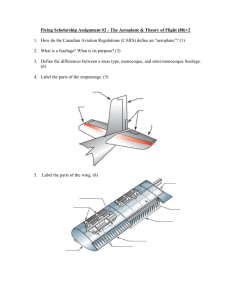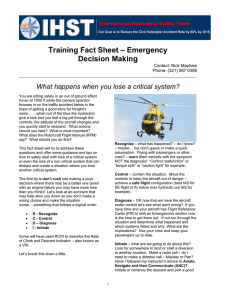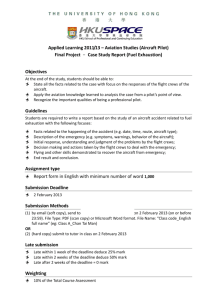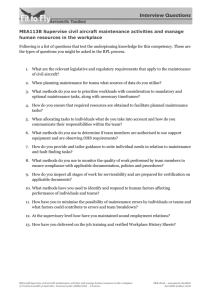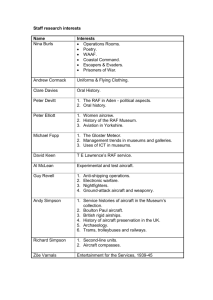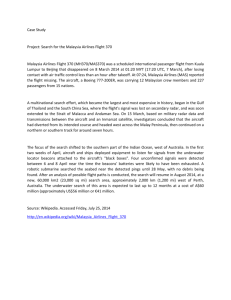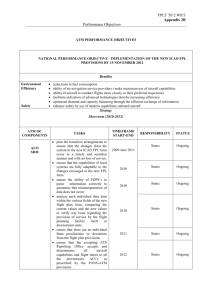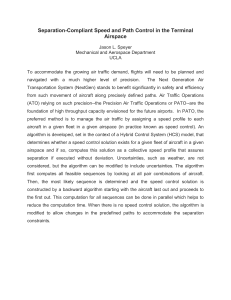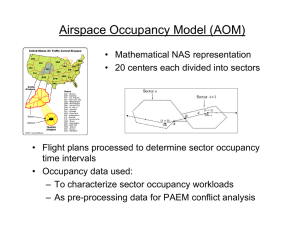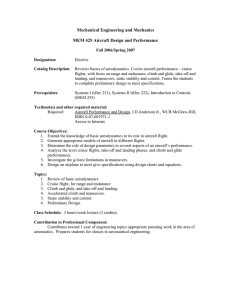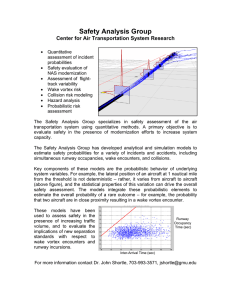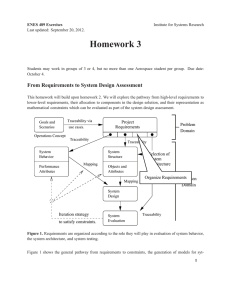6 Minutes for Safety Topic: Structural Damage / Controllability...
advertisement
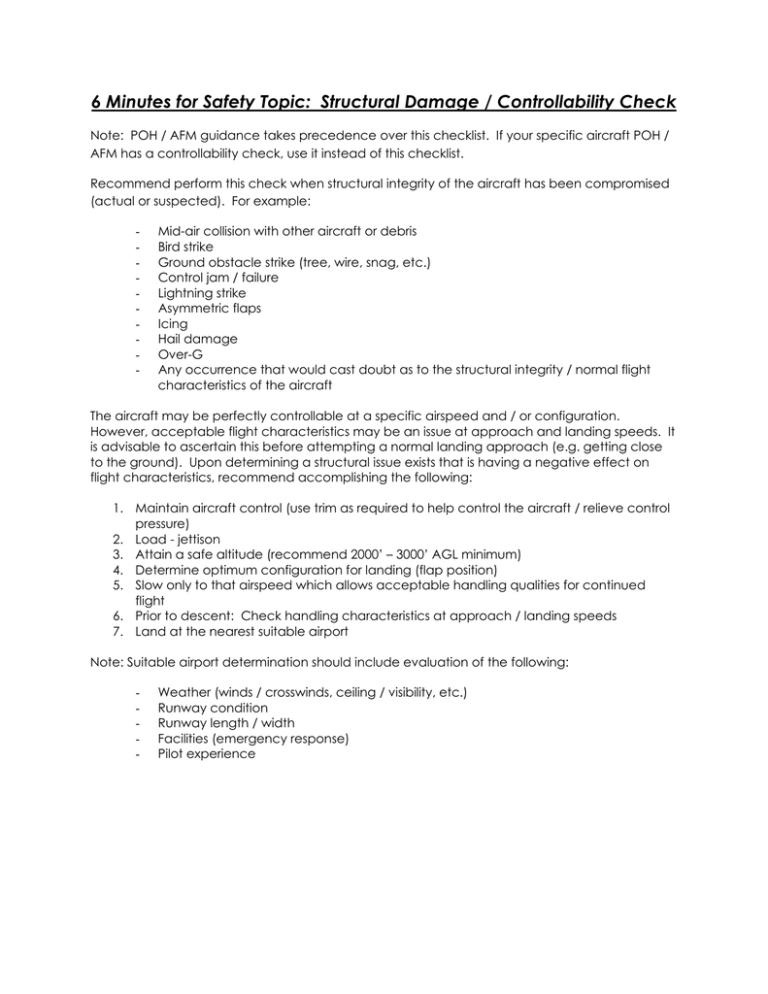
6 Minutes for Safety Topic: Structural Damage / Controllability Check Note: POH / AFM guidance takes precedence over this checklist. If your specific aircraft POH / AFM has a controllability check, use it instead of this checklist. Recommend perform this check when structural integrity of the aircraft has been compromised (actual or suspected). For example: - Mid-air collision with other aircraft or debris Bird strike Ground obstacle strike (tree, wire, snag, etc.) Control jam / failure Lightning strike Asymmetric flaps Icing Hail damage Over-G Any occurrence that would cast doubt as to the structural integrity / normal flight characteristics of the aircraft The aircraft may be perfectly controllable at a specific airspeed and / or configuration. However, acceptable flight characteristics may be an issue at approach and landing speeds. It is advisable to ascertain this before attempting a normal landing approach (e.g. getting close to the ground). Upon determining a structural issue exists that is having a negative effect on flight characteristics, recommend accomplishing the following: 1. Maintain aircraft control (use trim as required to help control the aircraft / relieve control pressure) 2. Load - jettison 3. Attain a safe altitude (recommend 2000’ – 3000’ AGL minimum) 4. Determine optimum configuration for landing (flap position) 5. Slow only to that airspeed which allows acceptable handling qualities for continued flight 6. Prior to descent: Check handling characteristics at approach / landing speeds 7. Land at the nearest suitable airport Note: Suitable airport determination should include evaluation of the following: - Weather (winds / crosswinds, ceiling / visibility, etc.) Runway condition Runway length / width Facilities (emergency response) Pilot experience
